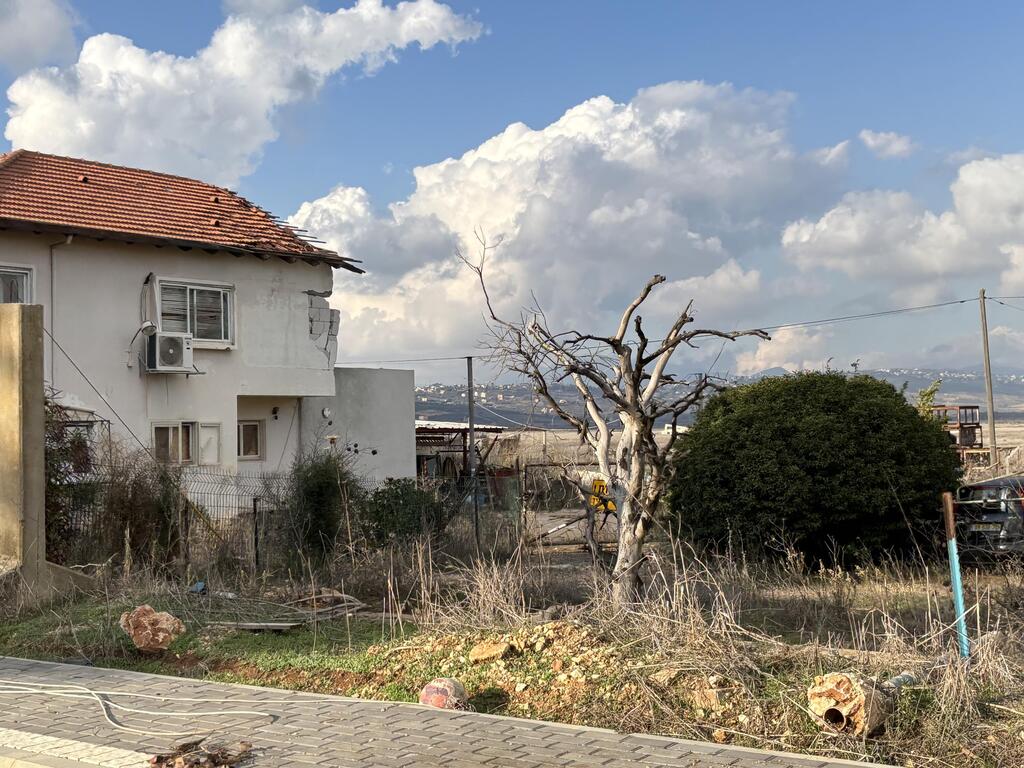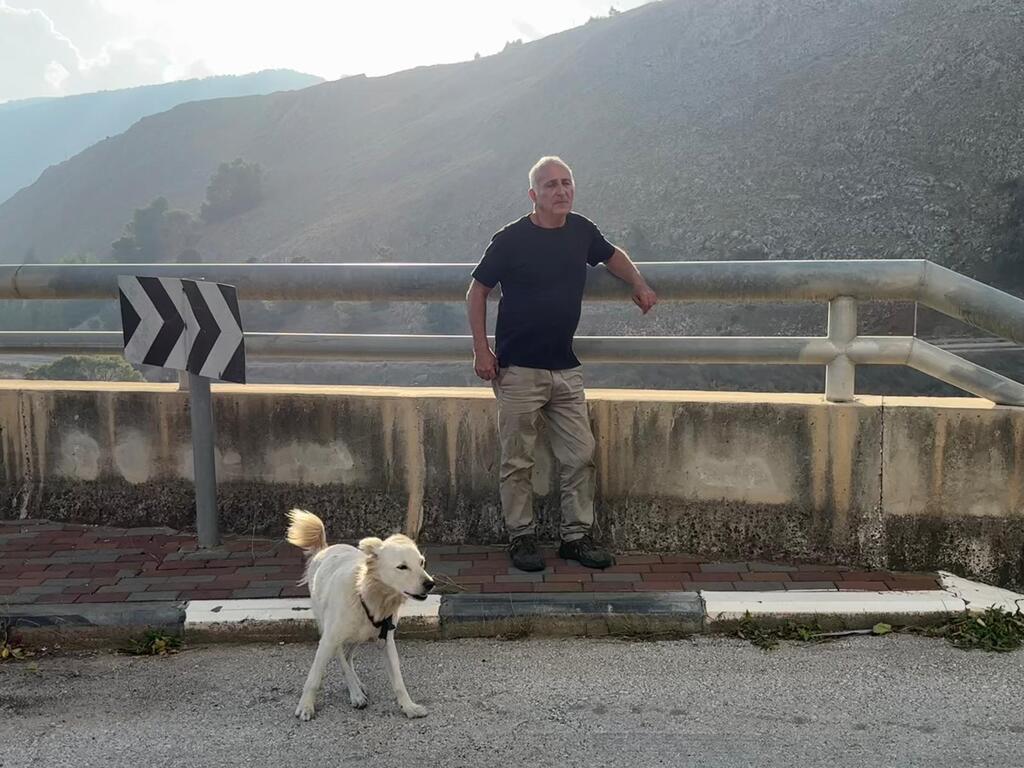About 10 days after a cease-fire was signed with the terrorist group Hezbollah, ending more than a year of cross-border violence, the people of northern Israel are beginning to return home.
For the first time in months, more stores have opened in the local mall near Kiryat Shmona. Traffic on the roads has increased enough to cause slight delays, a small but noticeable sign of life returning to the region. These changes offered a welcome respite on Sunday after months of eerie silence during the conflict.
When Hezbollah began firing rockets, the government evacuated more than 60,000 people from their homes along the northern border with Lebanon to minimize civilian casualties. Unlike southern Israel, which was attacked by Hamas on October 7, the north lacked sufficient bomb shelters to protect its residents.
Now, 14 months later, the destruction in Israeli towns like Metula is extensive. Damage has been caused by Hezbollah rocket fire, IDF tanks and personnel who used the towns as bases, and by neglect - with homes overrun by rats and mold after more than a year of abandonment.
Most residents remain hesitant to return, uncertain whether the 60-day ceasefire agreement will hold. In towns like Metula and Manara, located around six kilometers from the border, the prospect of moving back feels nearly impossible.
ON THE NORTHERN BORDER
(ILTV)
ILTV visited Metula on Sunday and met 75-year-old resident Arie Almog.
Almog and his partner were the only ones who remained in Metula after evacuation orders were issued. He told ILTV that while some neighbors have returned to assess the condition of their homes since the ceasefire, few, if any, have decided to move back full-time.
“People are still afraid from the situation, which is not very clear,” Almog said. “I think if the government would make it more clear what exactly is going to happen then I think people would commit to come back as soon as possible. As long as people will not feel safe enough, I don’t think they will come back so quickly.”
Last week, IDF Northern Command Chief Maj. Gen. Ori Goldin informed regional mayors that they could begin planning the rebuilding of their towns. However, residents have received little to no compensation for their losses, and the government has shown insufficient commitment to investing in the reconstruction of some communities.
Still, Almog remains optimistic, saying he believes recovery is possible.
“I think they should take care of themselves as much as they can,” Almog said of his fellow residents. “I think we will be able to collect outside money to help us recover this village that has been damaged quite a lot – some are really bad, some are not so bad. It can be repaired and rebuilt. It will take a lot of time, and I believe that the government will be able to give whatever possible. Don’t forget, we are at war for a year and two months now.”
Over the past year, more than 8,000 rockets, drones, and anti-tank missiles were launched from Lebanon, killing 45 civilians. Another 76 IDF soldiers and reservists lost their lives in cross-border attacks and a ground operation in southern Lebanon that began in late September.





